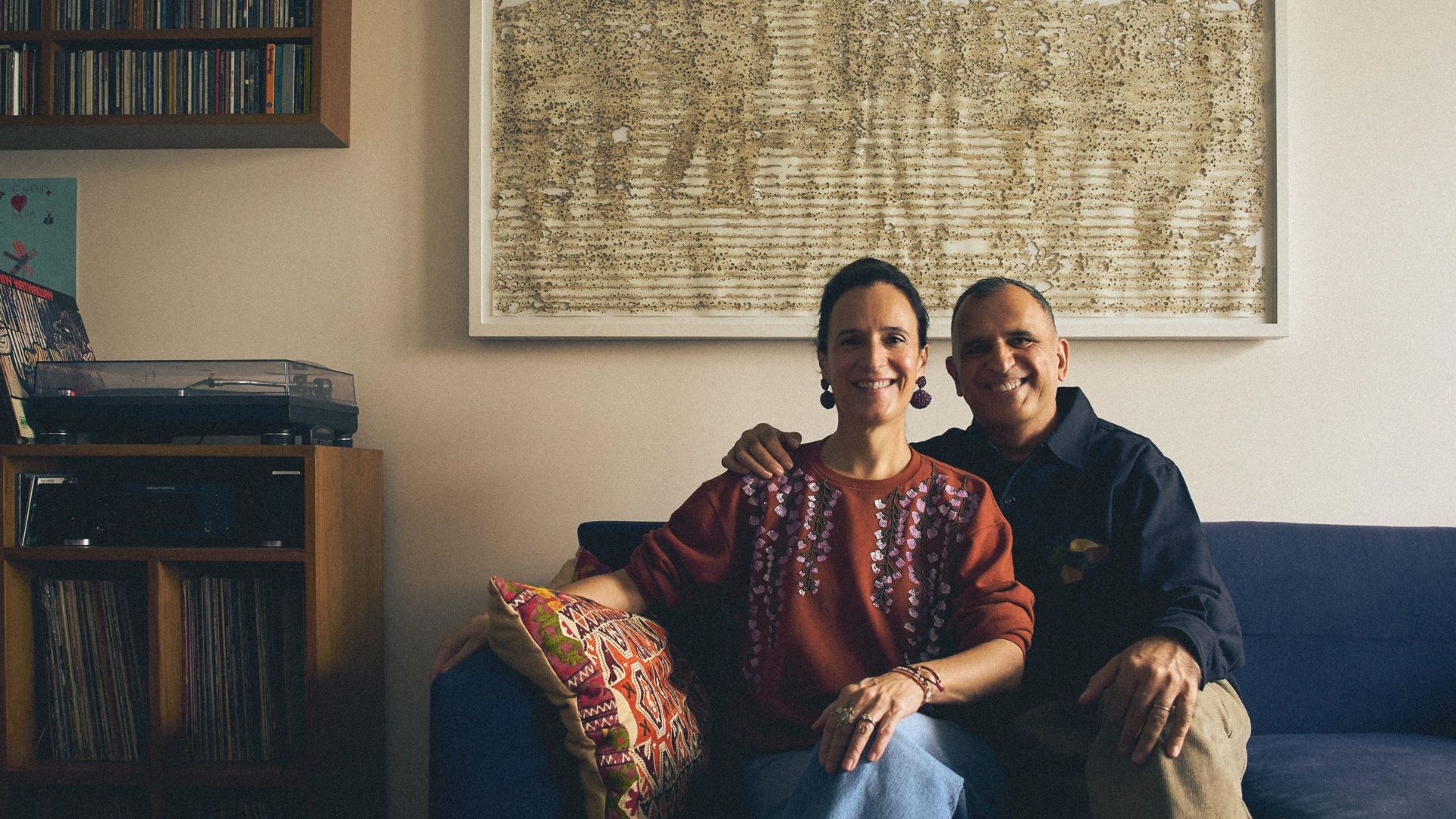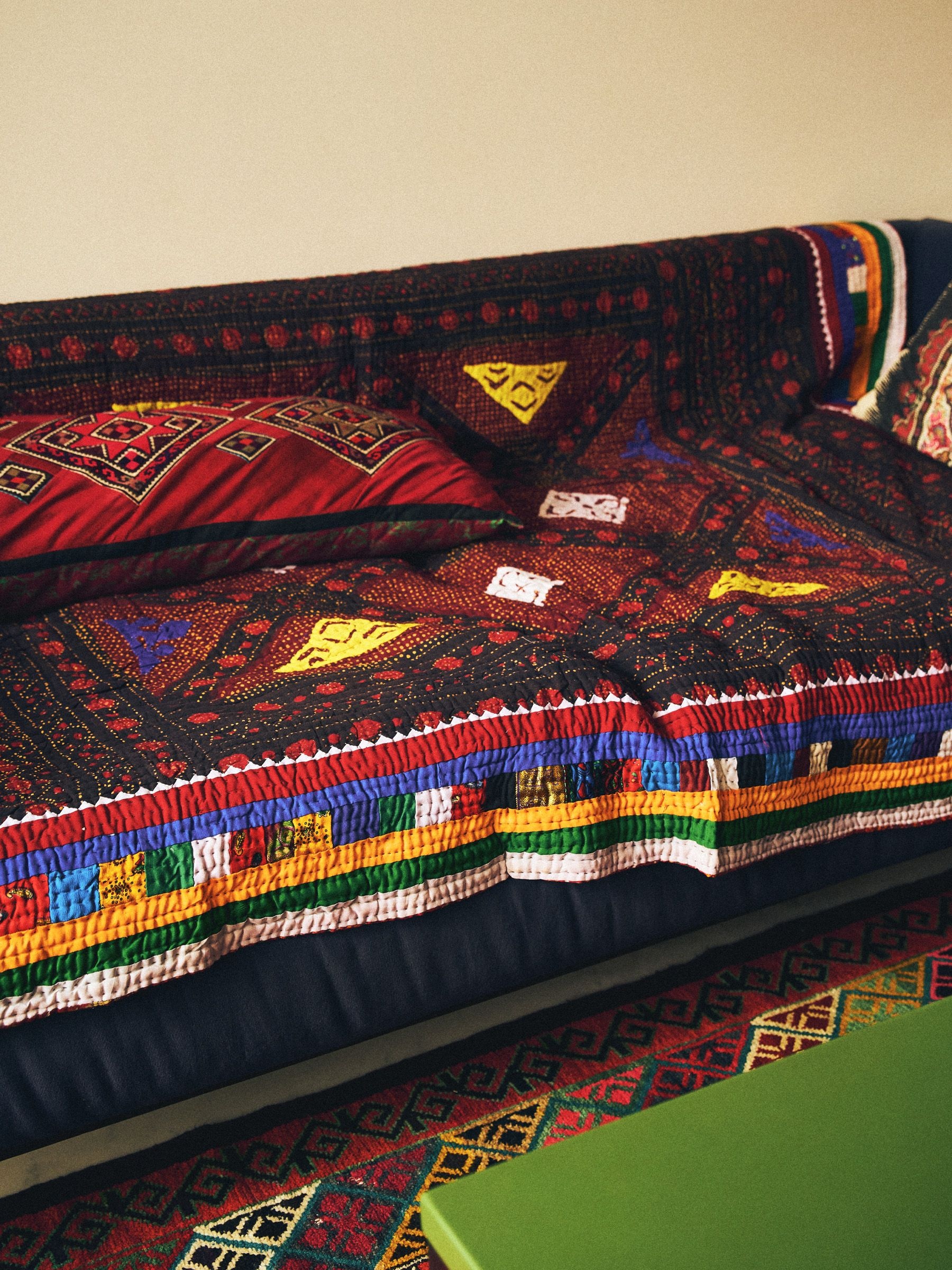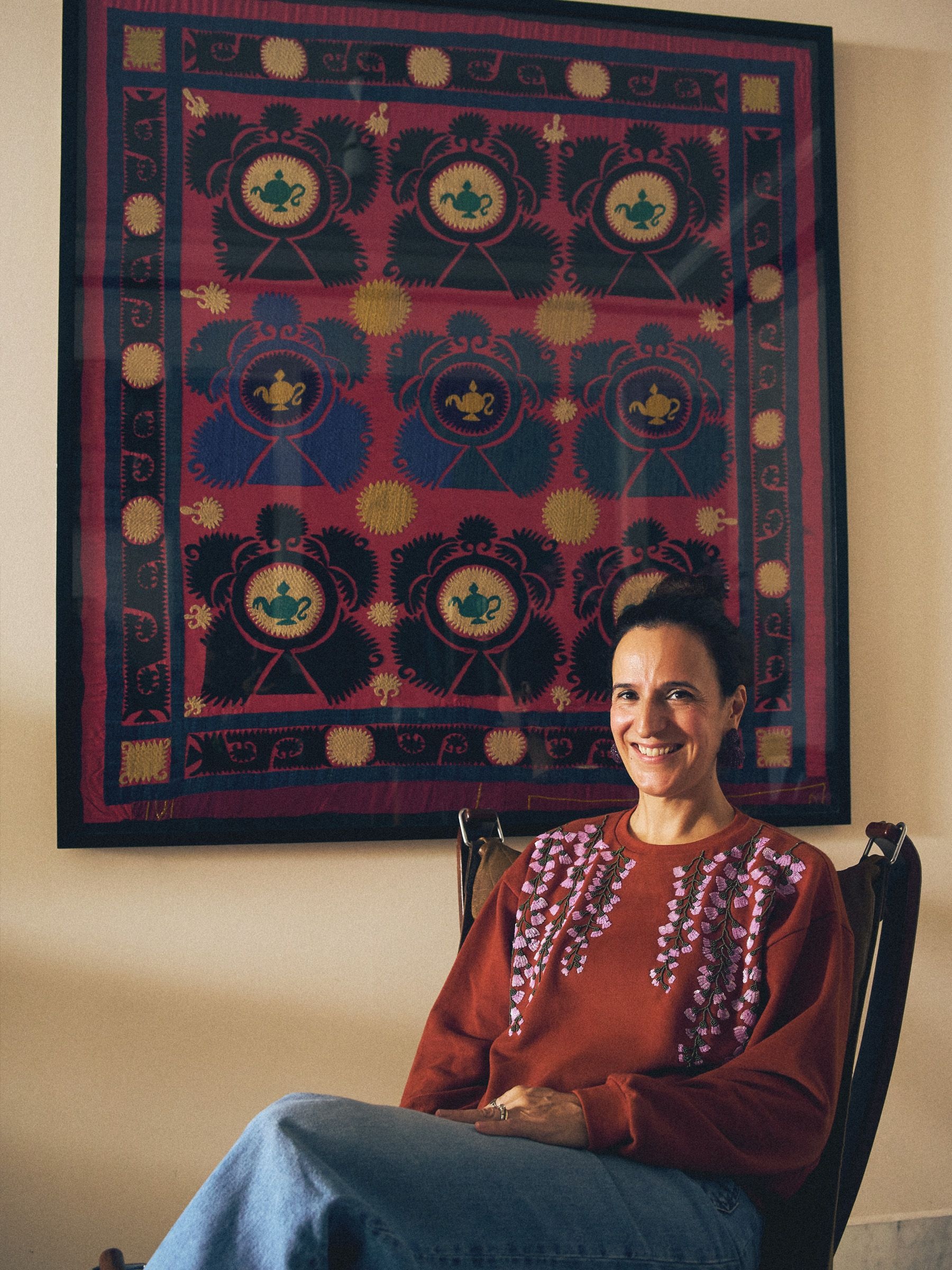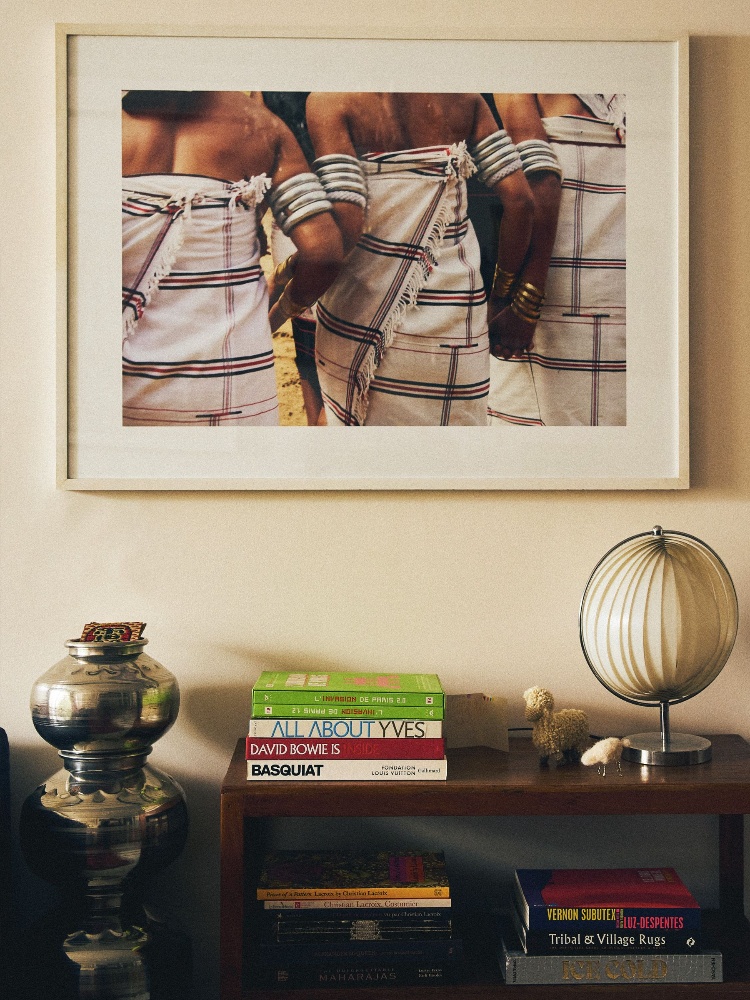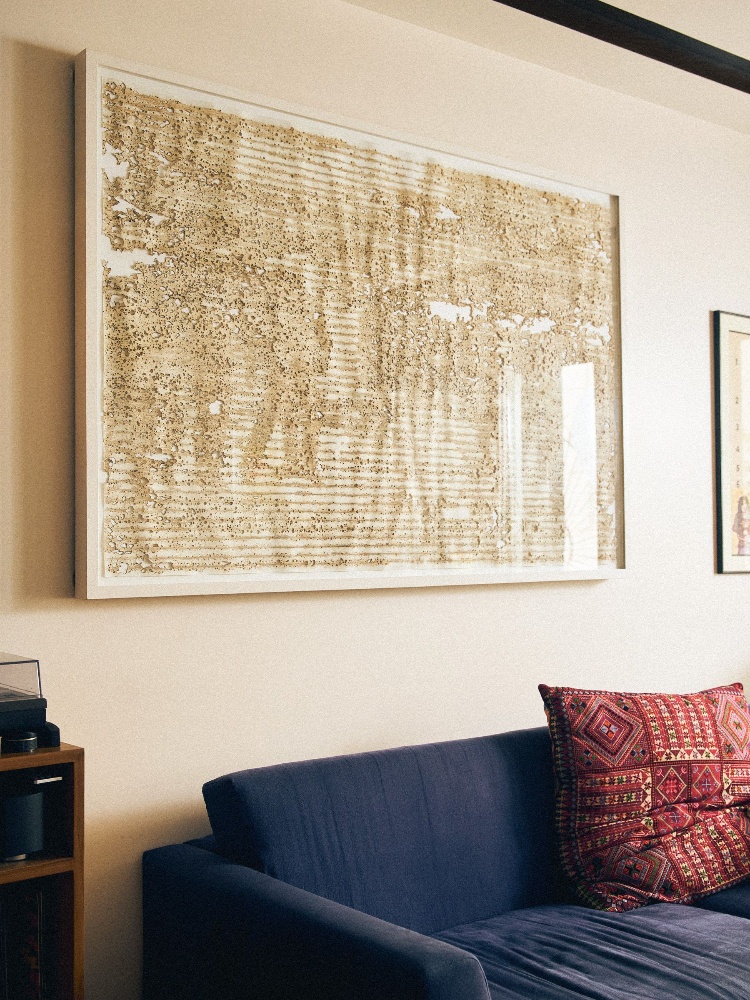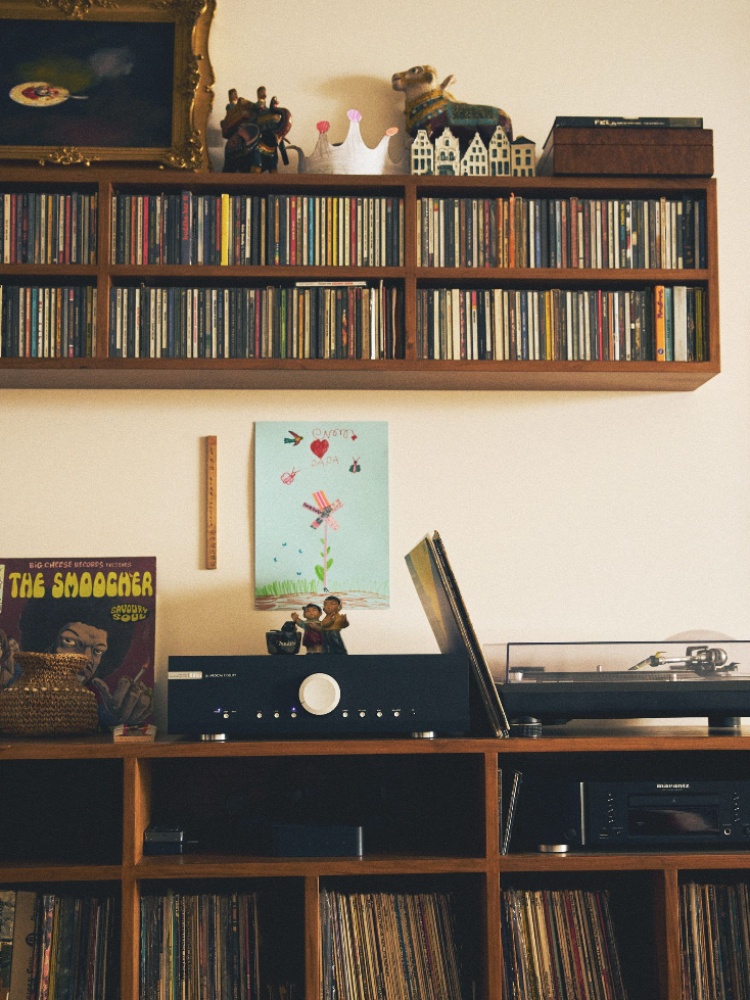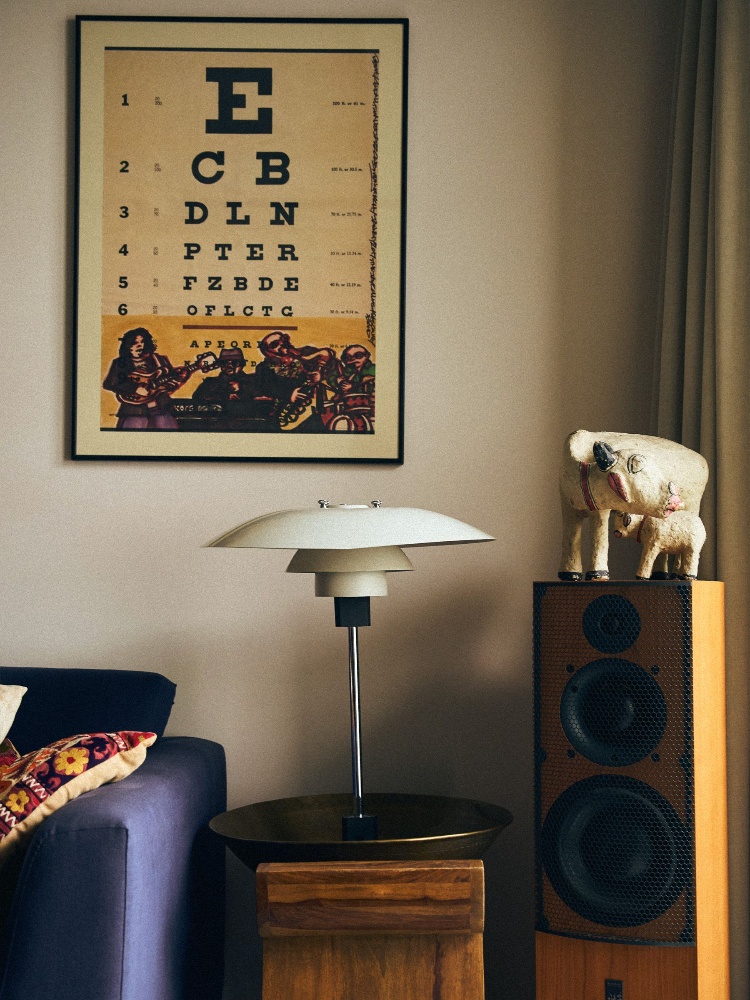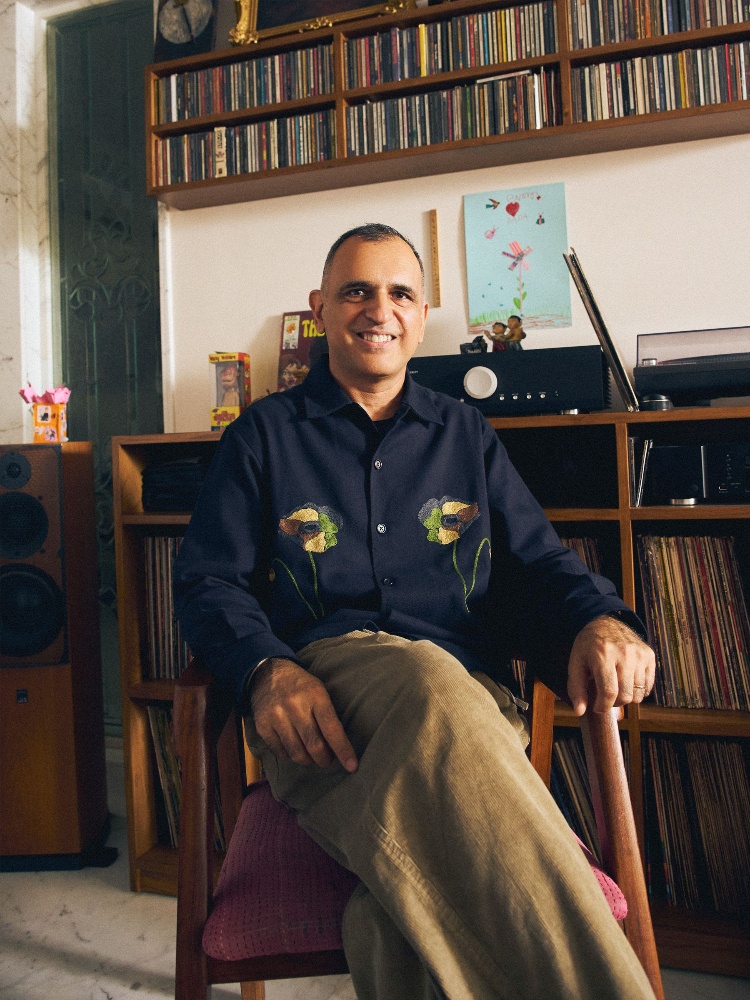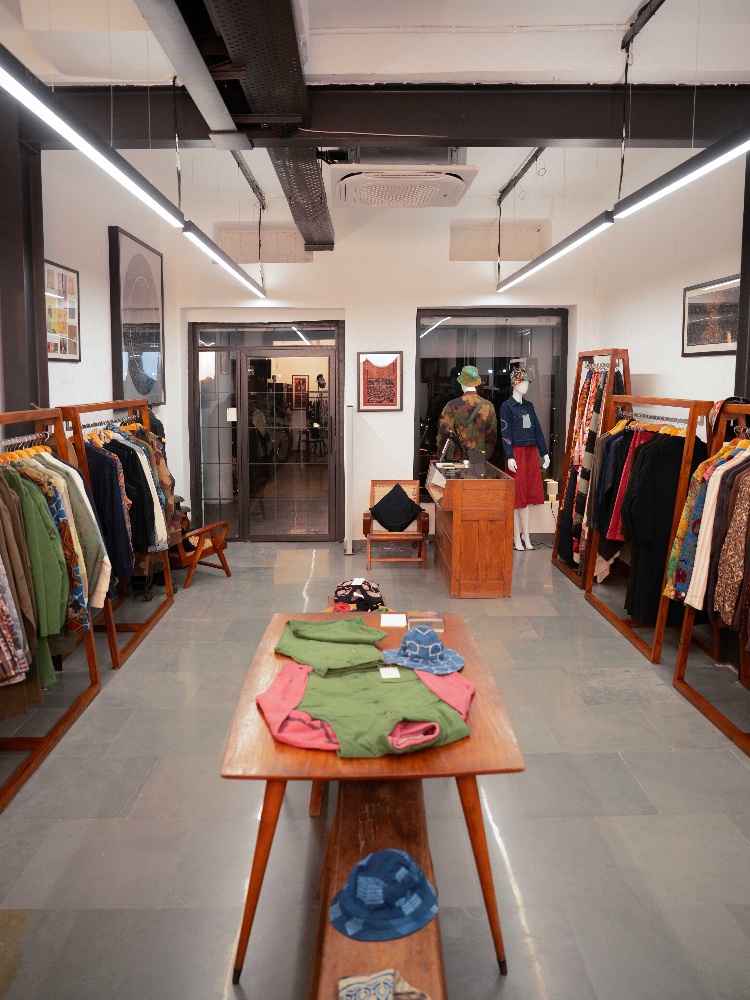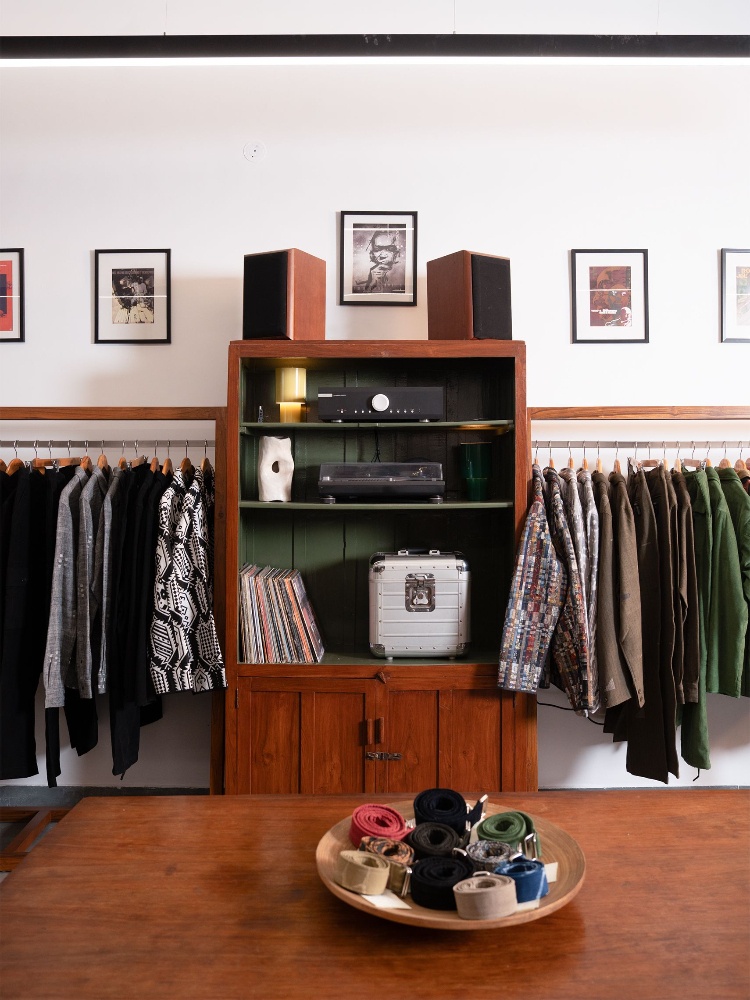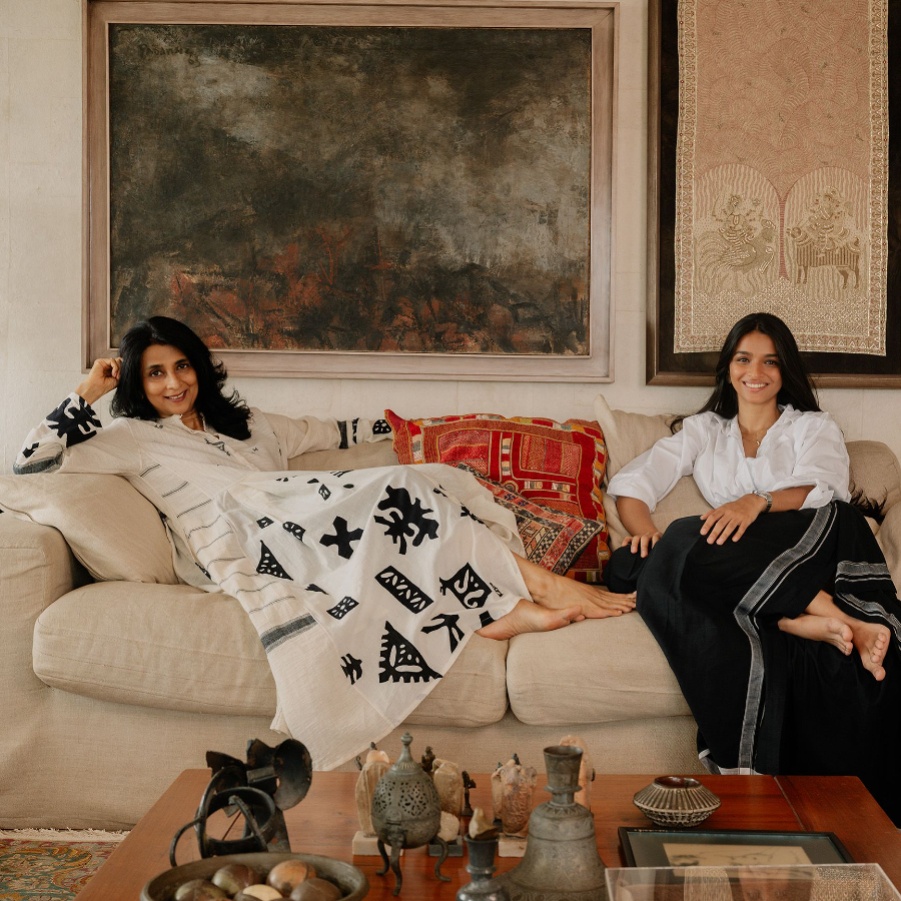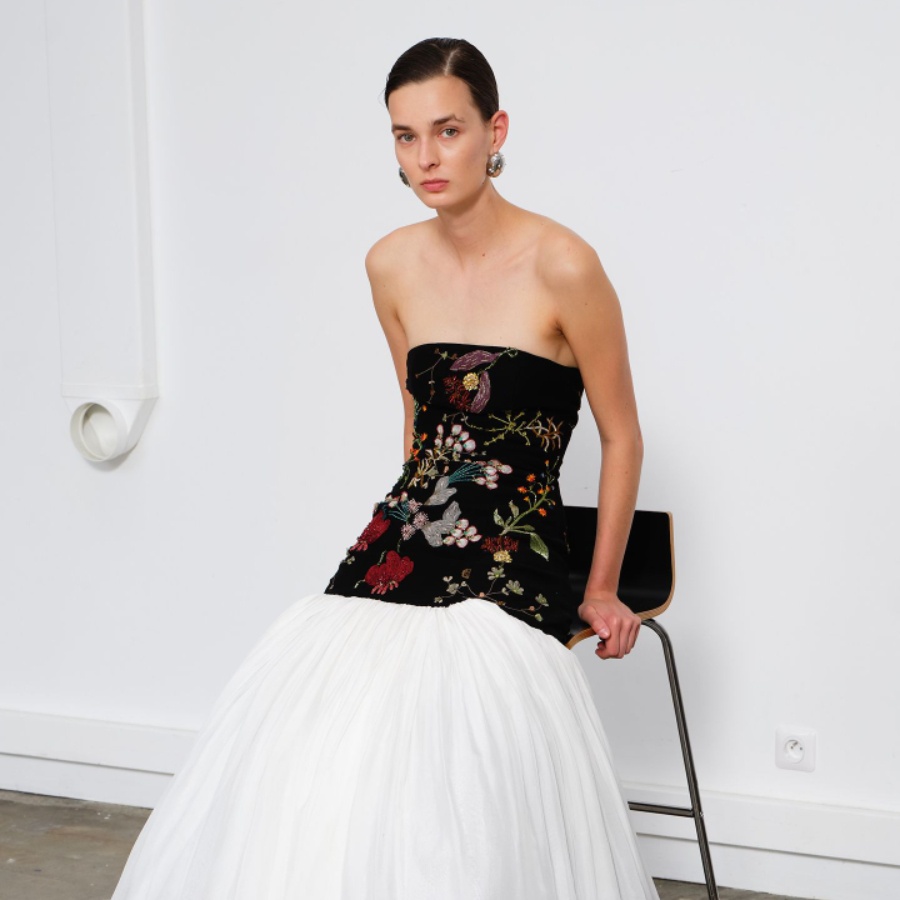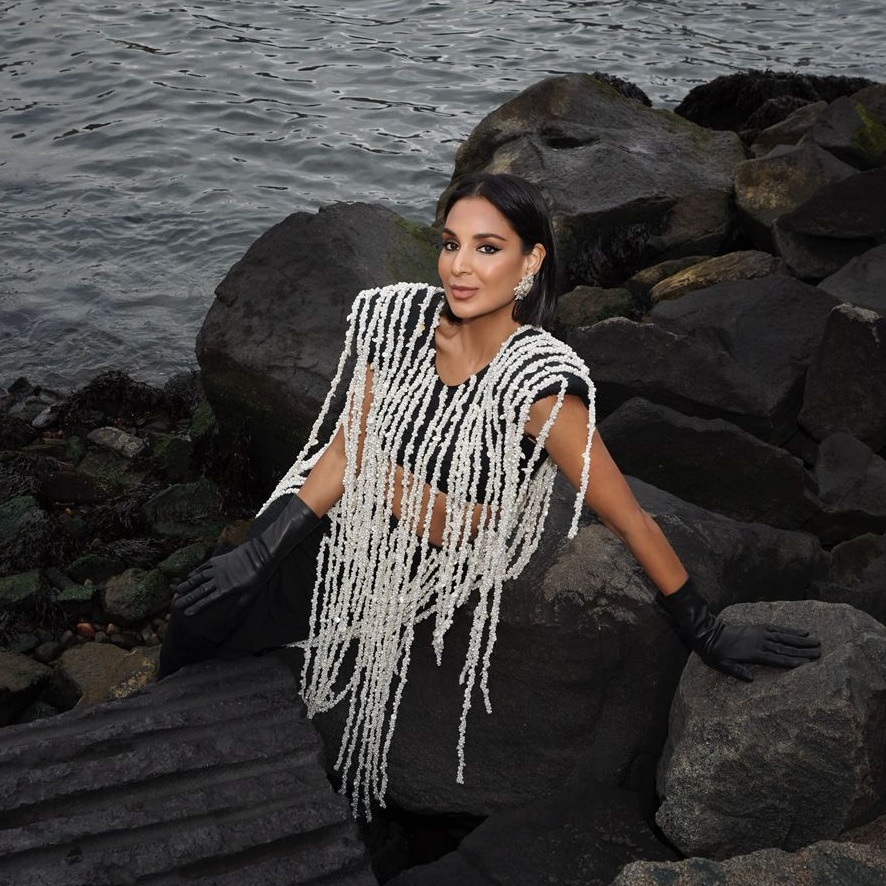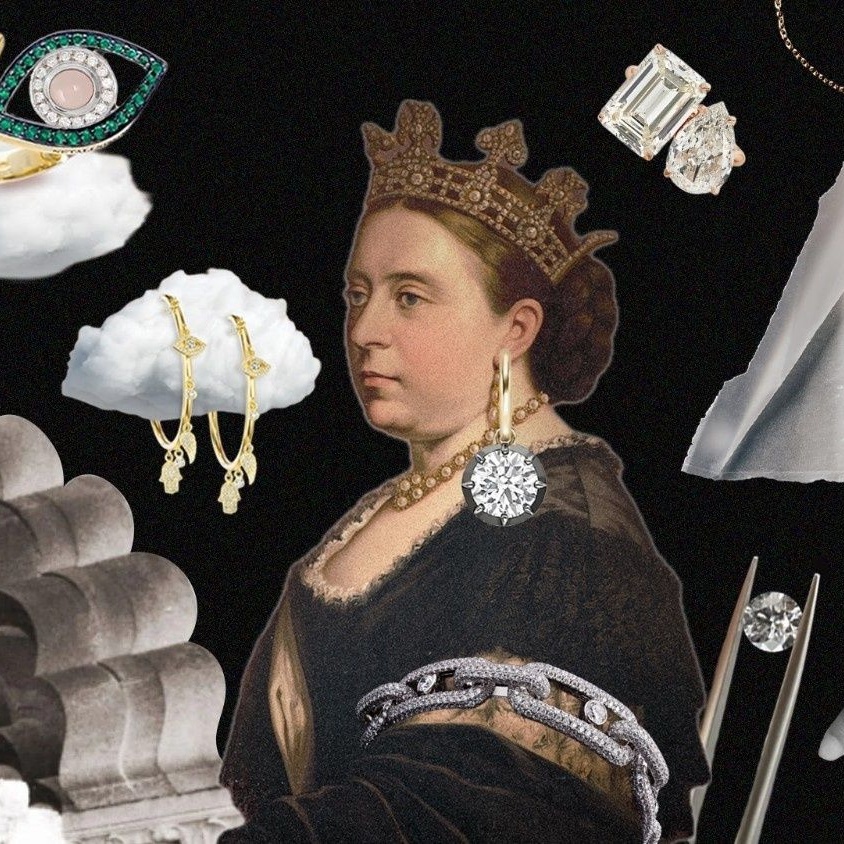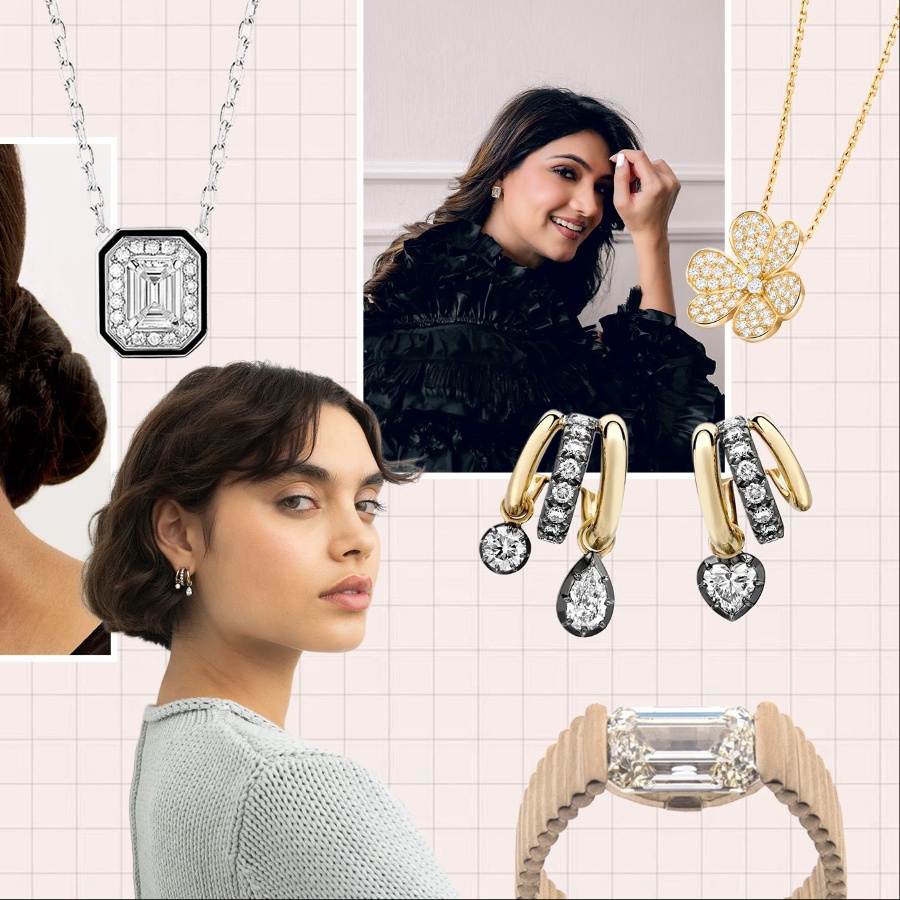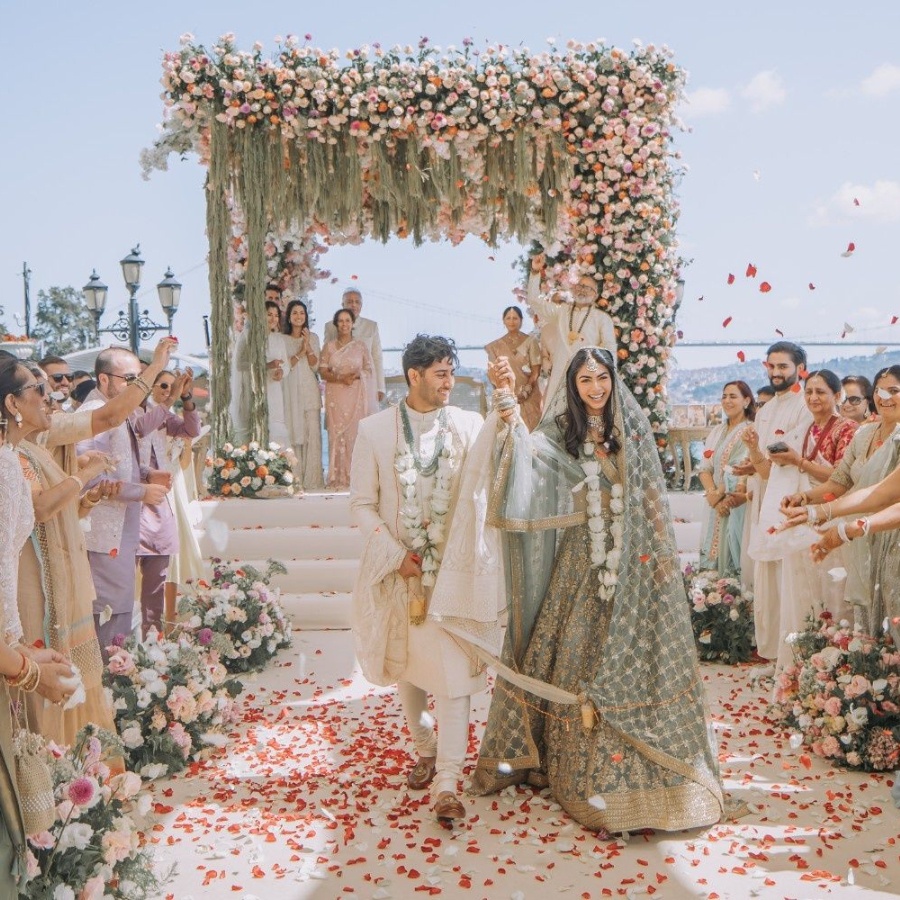I first met Rikki Kher in Paris, at Deeya, a concept store run by luxury fashion consultant Marielou Phillips and her husband, Matthieu Foss. Perhaps it was the fact that we were in another creative couple’s sacred space, but Kher animatedly talked about his wife, the jewellery designer Olivia Dar. By the time he mentioned her name, I realised the story I wanted to tell wasn’t just about KARDO, his craft-rooted menswear label that now retails around the world, or its brand-new flagship in Delhi’s Lodhi Colony. It was about two creatives who have built parallel worlds under one roof and how those worlds continue to shape each other.
The Lodhi Colony flagship, KARDO’s first ever brick-and-mortar store, looks less like a retail space and more like a living room. “I wanted it to feel welcoming,” Kher says. “A place where people can congregate, not necessarily only to shop. I don’t want it to be a temple to design.” He describes it as a space to drink coffee, listen to music, and “talk about craft, menswear, ideas—the things that make us human”. A big couch, records playing, art on the walls... It’s easy to read it as an extension of Kher himself—warm, grounded, open-ended, and all to echo his lifelong desire to make people feel like they belong somewhere.
